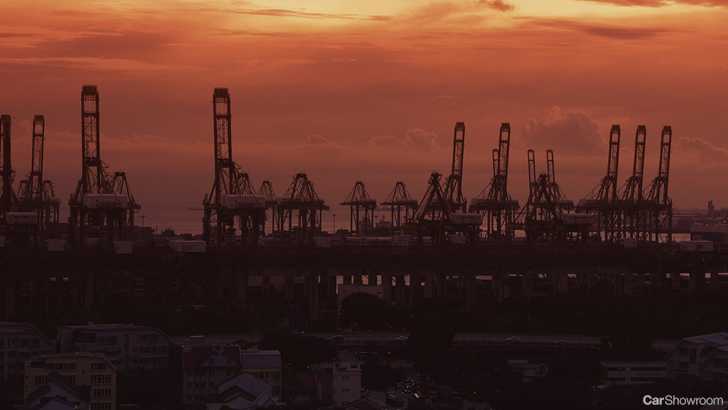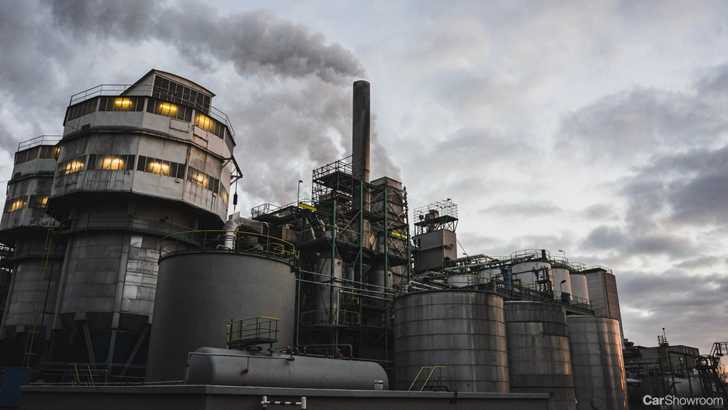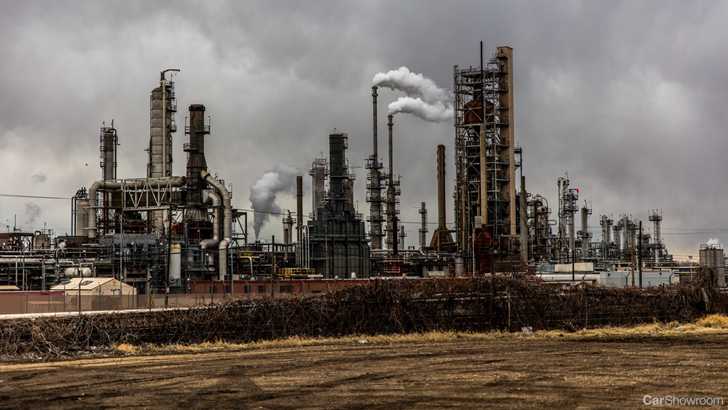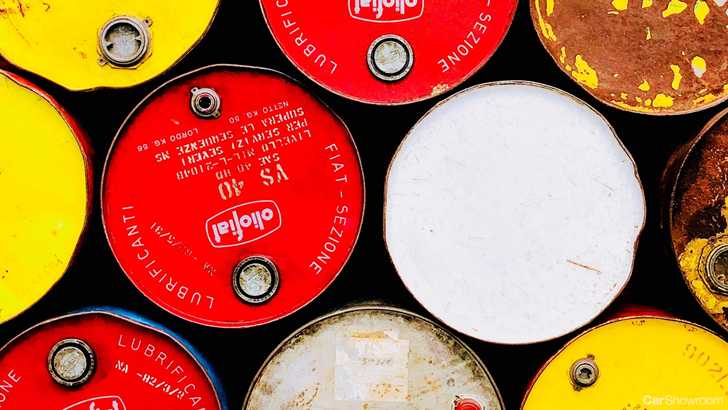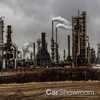If it were any other time but now and petrol prices were this cheap, us petrol-heads would have an aneurism from the amount of fun we would have. But sadly, that isn’t the case and the global coronavirus pandemic is wreaking havoc on virtually everything. This time its oil prices.
With most of the world’s activities grinded to a halt to stop the spread of this deadly virus, oil and fuel consumption has dropped exponentially. In the United States, oil prices were traded below zero for the first time. This is the clearest sign yet that the COVID-19 pandemic has cut oil demand by up to a third, which is why US oil prices are on its head.
For those reading this for the first time, allow me to explain briefly. The crash came as a result of US benchmark oil contract known as West Texas Intermediate (WTI), headed towards its May delivery expiry date; a month when demand was expected to peak. Each month’s future contracts need to then be settled with physical delivery. Now, usually this whole process happens without much fuss or fanfare.
However, last Monday was anything but ordinary. Trading opened on Sunday night at US$18 per barrel and by the end of the day, it had plummeted to as low as negative US$40 per barrel, according to a report by the Financial Times. Naturally, this left traders in a state of panic.
On the other hand, traders with long-term contracts are making a fortune. They get paid between US$30 and US$40 per barrel to take the oil and then sell it in the futures market for between US$10 and US$20 a barrel. Yes, even though current WTI prices are below negative, the future price of WTI in June is still trading above $10 a barrel (at press time).
Brent Crude – the international benchmark – is also on the decline with prices falling below $20 per barrel for the time since 1999. Brent is better insulated than WTI as it is a seaborne crude, making storage less of issue by chartering supertankers. But what does this mean for us?
As the latter bit of the headline indicates, pump prices are at record lows closer to home. That said, local petrol retailers have been cautioned by the Australian Competition and Consumer Commission (ACCC) to not “use the current pandemic to further increase profits” as crude oil prices plummet.
“In the larger Australian capital cities, petrol retailers took too long to pass on the savings from the rapid drop in international oil prices,” ACCC Chair Rod Sims said. “This did not reflect well on them.”
“The drop in the crude oil price is good news for the Australian motorists. At this time the Australian economy needs all the assistance it can get and lower world crude oil prices are one of the few positives from current world events" continued Sims.
According to a report by Daily Mail Australia, petrol prices are already at the lowest point it has been since the 1990s with prices of less than AU$1 per litre in Sydney, Brisbane, and Perth on Monday. The same report indicates Perth as being one of the cheapest places in Australia, with prices of 89.4 cents per litre.
Westpac senior economist, Justin Smirk, calculated petrol prices had dived by 7.3 per cent during the March quarter. Smirk also expects capital city pump prices to slide by another 20 percent by the end of June, which would see Brisbane petrol prices fall below 75 cents per litre.
“Because of the coronavirus, petrol prices collapsed because crude oil prices fell - we're looking at a much bigger fall of probably closer towards 20 per cent in the June quarter,” Mr Smirk told Daily Mail Australia. “The prices didn't fall until right at the end of the March quarter and they start the June quarter off much lower and then through April we saw below a $1 a litre” he continued.
Meanwhile, Australia is considering boosting its fuel reserves to capitalise on the plummeting price of the commodity. Deputy Prime Minister Michael McCormack said Scott Morrison was looking at whether the nation could increase reserves on the back of low prices. “The prime minister needs no encouragement when it comes to these sorts of things” reported 7News. Treasurer Josh Frydenberg said Energy Minister Angus Taylor was also focused on opportunities to boost reserves, continued the report.
Stay tuned for more updates. For the best price on your next brand-new car, please visit our Showroom today and take up our Best Price Challenge.
